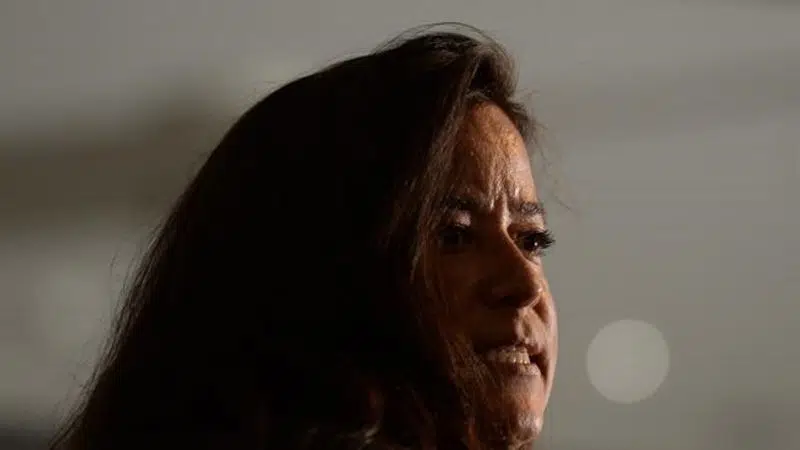
Wilson-Raybould: Feds want to just ‘manage the problem’ of Indigenous Peoples
RICHMOND, B.C. — Former justice minister Jody Wilson-Raybould says she believes the federal Liberals have decided to “manage the problem” with Indigenous people rather than do the hard work of reconciliation.
In a speech on Wednesday to the First Nations Justice Council in British Columbia, Wilson-Raybould accused her former cabinet colleagues of backtracking on grand commitments Prime Minister Justin Trudeau has made about reconciliation.
“My fear and disappointment is that despite sounding the alarm, providing advice, pushing and challenging, sharing perspectives of lived Indigenous experience … the federal government has fallen back, once again, into a pattern of trying to — quote — manage the problem with Indigenous Peoples,” she said.